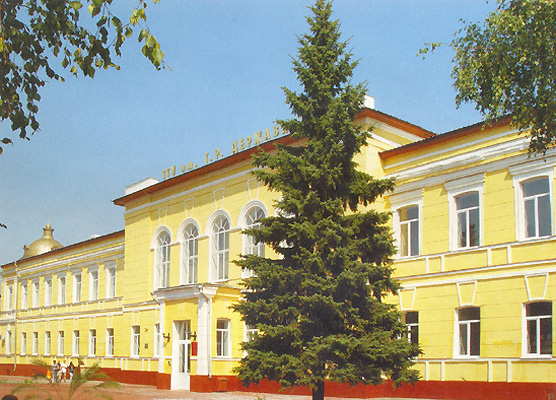

Currently Tambov State University named after G.R. Derzhavin is one of the educational leaders in the Central Black Earth Region.
The structure of the University consists of 12 institutes (Institute of Natural Science, Institute of Service and Advertising, Institute of Mathematics, Physics and Informatics, Institute of Law, Institute of Physical Culture and Sports, Institute of Philology, Institute of Medicine, Institute of Humanities and Social Education, Institute of Economics and Management, Institute of Culture and Arts, Institute of Social and Educational Technology, and Institute of Open Education and Innovative Business).
More than the third part of all students (16000) gets education in the university and 800 postgraduates.
Higher-education teaching personnel (82%) have science degrees and academic ranks where every fifth is Doctor of Sciences. Tambov State University is a part of the first 10 Russian universities by this characteristic.
Tambov State University actively develops the policy of international co-operation with more than 50 universities of Western and Central Europe, USA, and China. This educational co-operation is realized through students’/postgraduates’/teaching personnel exchange, joint scientific conferences and seminars, researches; publication of academic journals and other collected papers.
According to the statistics of independent rating agency “RatOR” in 2008 Tambov State University named after G.R. Derzhavin got the 357th place among 500 world universities including 100 universities from Russia. In 2009 Tambov State University named after G.R. Derzhavin took the 31st place among 83 best universities of Russia by the results of integrated rating. In 2010 Tambov State University named after G.R. Derzhavin came to the 50 best universities (the 43rd place) among 500 Russian universities in the rating of scientific and publishing activity.
The plan of university development sounds as “Development of national research university of socio-liberal maintenance for integrative processes in high-tech industry”.